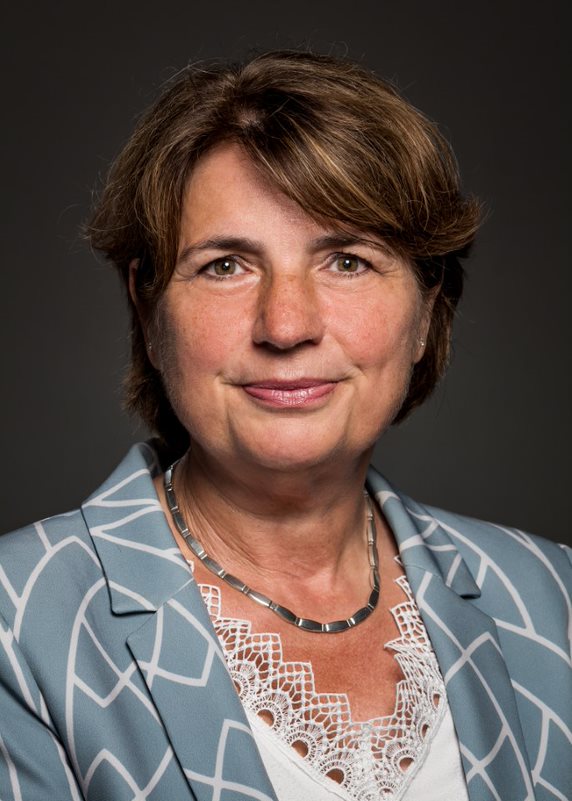Zwitserleven was recently named ‘Best Performing Network Partner’ at the Swiss Life Network’s annual conference in Cannes. Zwitserleven is the exclusive partner in the Netherlands of the Swiss Life Network, a global alliance founded in 1962 bringing together 90 leading local insurance companies from more than 80 countries. The network enables multinational pooling serving large clients with international operations.
 Ria Blok-Leenheer, Director of Pension Solutions at Zwitserleven
Ria Blok-Leenheer, Director of Pension Solutions at Zwitserleven
Ria Blok-Leenheer, Director of Pension Solutions at Zwitserleven: “In multinational pooling, all premiums paid by a multinational’s local branches are pooled. In years of little or no claims (for example for occupational disability), the premiums are largely paid out as dividend at the end of the year, after deduction of claims paid. This way, clients receive back some of the premiums paid. In addition, a multinational company’s head office gains insight into pension-related employee benefits in the various countries of operation. Clients affiliated with Swiss Life through multinational pooling can also use expat solutions in many countries.”
A key benefit for clients of having a pooling agreement is being able to benefit from economies of scale through the bundling of risks insured with their Swiss Life Network insurance company. This is how pooling can be a decisive factor in the choice of pension provider.
Ria Blok-Leenheer: “Multinational pooling is actively used by Zwitserleven in its sales strategy. In our experience, international clients find it very important and see the partnership between Swiss Life and Zwitserleven as a good thing. The potentially substantial financial benefits for clients are of course a nice bonus.”
The Swiss Life Network expressed its appreciation for Zwitserleven: “We congratulate Zwitserleven for being named ‘Best Network Partner 2021’ for the highest production within the Network. What a great achievement! We are very proud to have you as our partner and look forward to expanding the Network together.”
This article is published on



